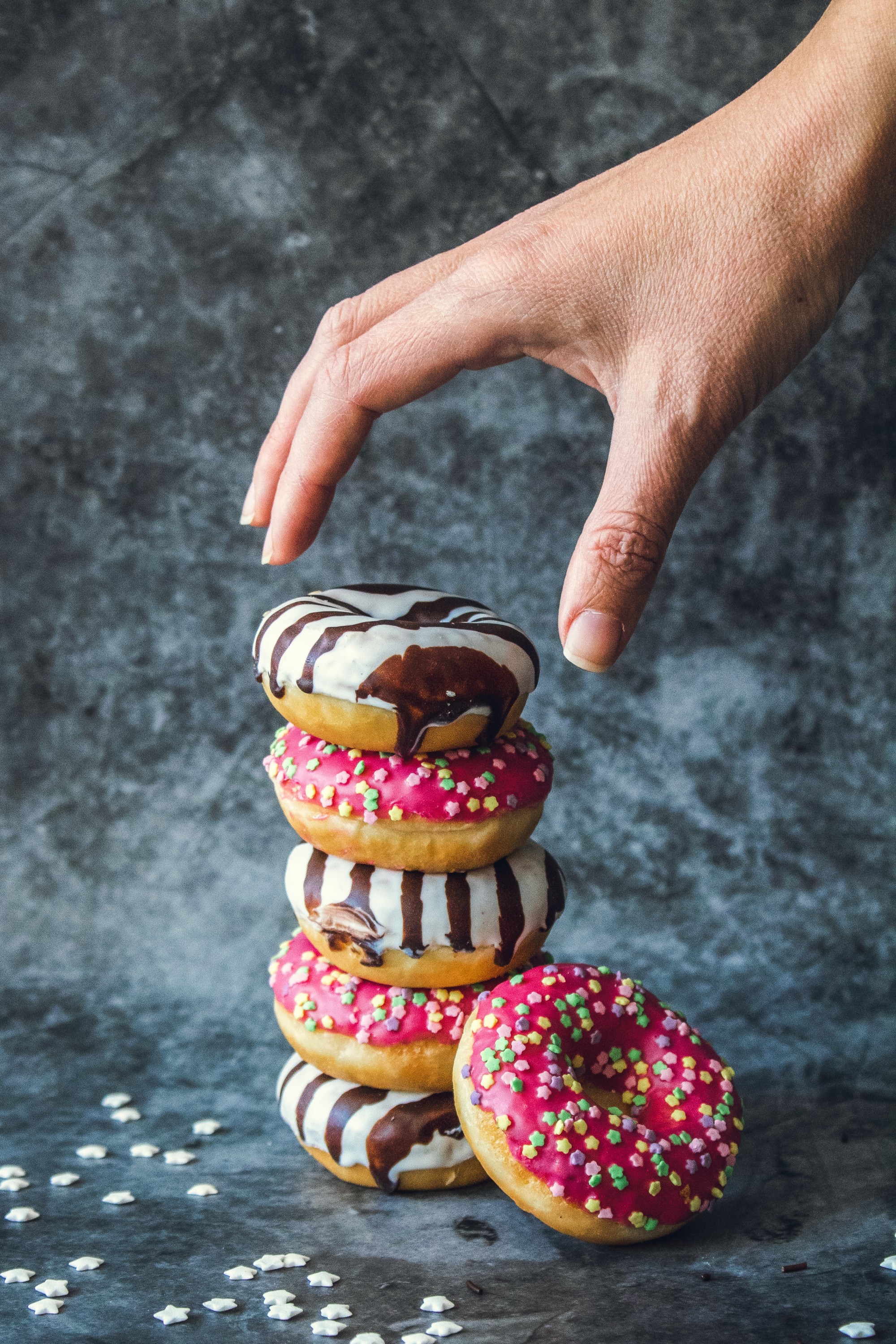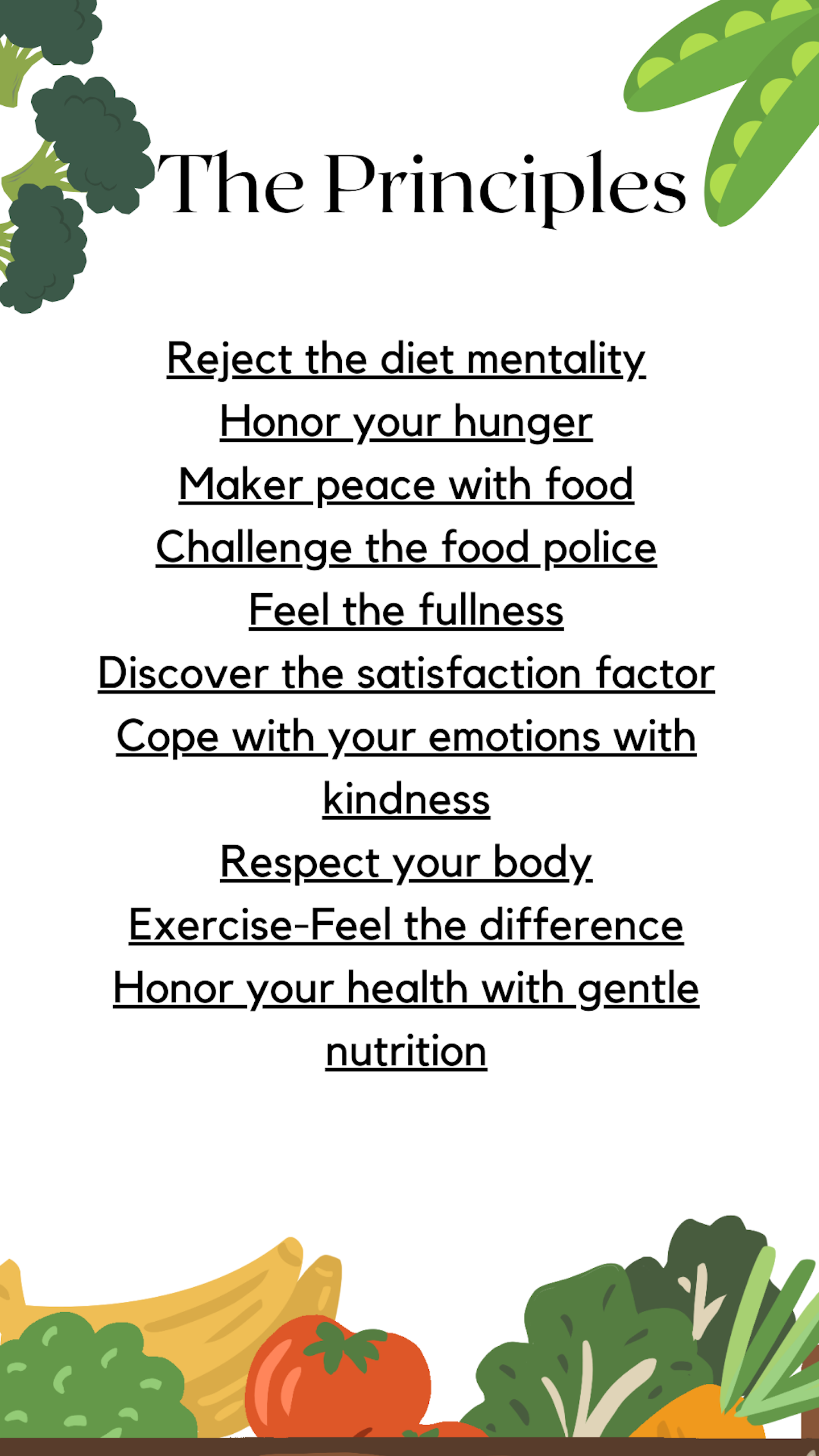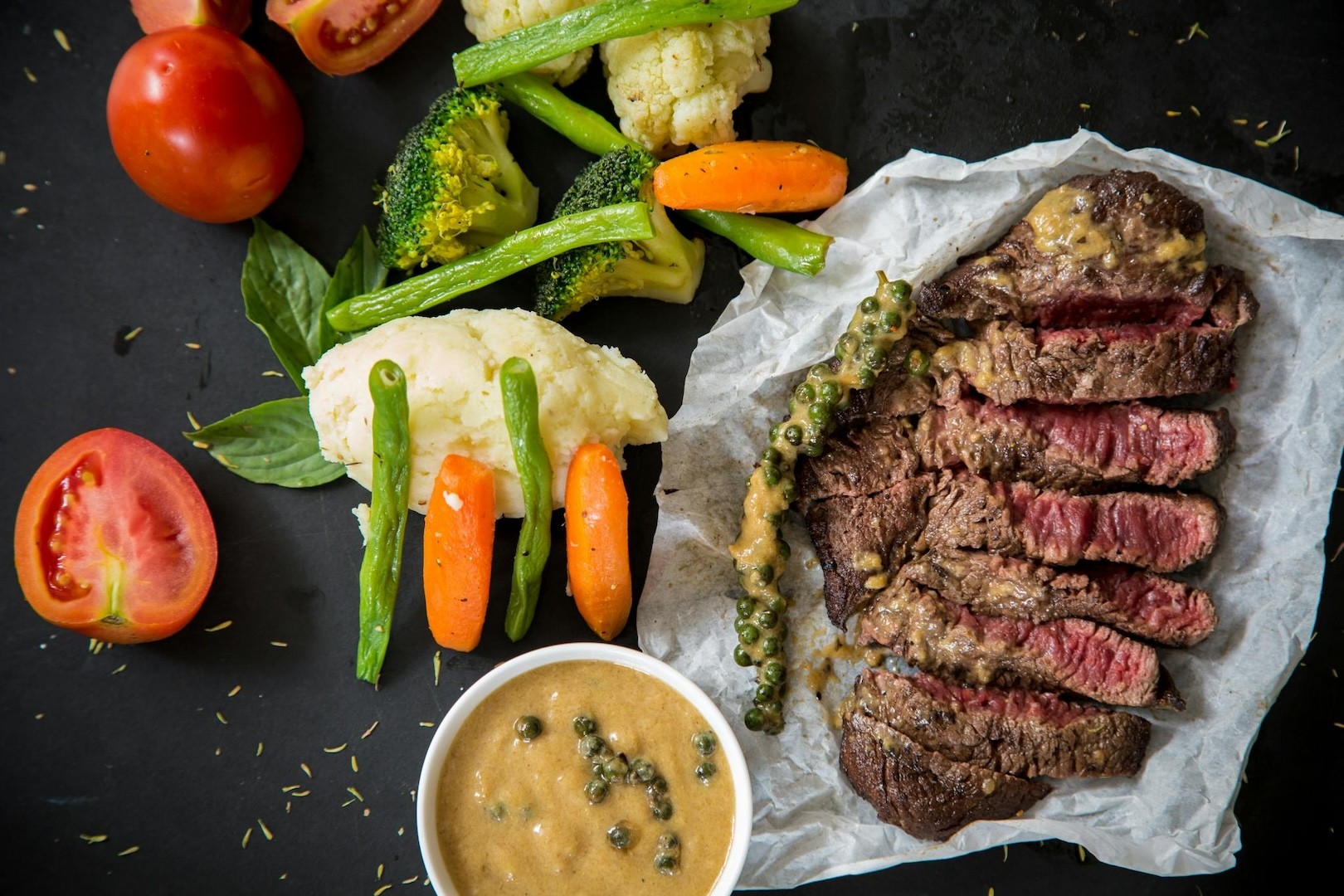
A Brief History of Diet Culture
The concept of weight-centric dieting has existed for hundreds of years, the first diet book was actually published in 1558. The world of dieting has been constantly evolving since, producing diets that have ranged from unsafe to simply unusual. These trends are often lacking any factual evidence to back them up yet people still attempt them. The desire to look a certain way is unfortunately a powerful motivator. A diet in the 1820s that focused on drinking pints of vinegar resulted in the deaths of several women before falling out of favor. Other more recent diets have restricted caloric intake to extremely unsafe levels. One example being a diet that allows only ten bites of food per day. Some of the more unusual diets have promoted things like wearing blue-tinted glasses during mealtimes to make food look less appealing, changing absolutely nothing but praying intently every day to lose weight, and a diet comprised of nothing but ice cream.
While the consequences of diet culture may appear benign, we have inadvertently created a society in which individuals assess their worth by the number they see on the scale. Multiple research studies have found that children, often girls, feel the need to begin dieting to lose weight around the age of eight. One study found that ~80% of ten-year-old girls had already been on some sort of diet. Other studies have shown that many kids feel better about themselves and their bodies when they are dieting. Our relationship with food is largely influenced by the environment in which we grow up. Perhaps you were made to eat everything on your plate, or maybe a parent was constantly dieting and critiquing themselves and others. Other factors might include bullying from siblings or peers about your appearance. Even if we don’t realize it, these life experiences can leave a lasting impact on the way we view food. The environments described above can increase the risk of disordered eating. Changing the diet culture won’t happen overnight, but it certainly is not impossible.
In 1995, registered dietitian, Evelyn Tribole, and nutrition therapist, Elyse Resch, made waves when they published a book that proposed a new way of thinking. Titled “Intuitive Eating”, it set out to challenge diet culture and re-establish healthy food relationships. Since its inception, Intuitive Eating has sparked controversy. Common arguments are that it “doesn’t work” and promotes weight gain and junk food consumption.
So does Intuitive Eating work?
To answer this question we need to delve more into what Intuitive Eating is. It is not a diet, in many ways, it is the opposite of a diet. Based on a set of ten principles, the aim is to improve awareness of your body and create healthy and sustainable habits. These are guidelines, not rules. Evelyn Tribole RD has written multiple blog posts describing each of the ten principles that can be found here.

The goal is to learn to trust your body and your hunger and satiety cues. There are no good foods or bad foods. While on a surface level this might appear a slippery slope, intuitive eating is supported by research. There is a validated assessment tool as well as over ninety studies tied to it. A meta-analysis by Linarden et al. composed of 97 studies and published in 2021 found a positive relationship between intuitive eating and body image, self-esteem, and overall wellbeing.
This is not a weight loss diet plan. That being said, the argument that this method promotes weight gain or discourages weight loss is also invalid. Some may gain weight, others may lose it, and both are okay. If you are trying to practice intuitive eating but are still harboring a goal of weight loss you are actually less likely to be successful. For centuries different foods have been placed into either a “good” or a “bad” category. This is taught from such an early age that these labels are accepted as fact. While some foods are certainly less nutrient dense than others, any food is okay in moderation. From a psychological perspective, it is actually better to practice moderation. The more we do not allow ourselves to have something or do something, the more we want it. The scarcity effect is a well-studied phenomenon. Summarized, when an item is seen as rarer, we place more value on it. So if a particular food is deemed off limits (because it is in the “bad” category), our brains view this “rare” food as more of a reward, making it much more desirable. This increases the likelihood that the food is binged when we finally allow ourselves to have it. When we stop restricting ourselves from these foods and allow ourselves to listen to our bodies, they lose that appeal. While one might over-indulge at first, in the long run, these foods will actually be consumed less often than before. The human brain is a miraculous thing, it knows what the body needs to run efficiently. When you eat a diet full of vegetables, fruits, lean proteins, and whole grains, your body feels better. A diet high in added sugar and saturated fats will have the opposite effect and you will eventually crave them less. Even at a subconscious level, the desire to lose weight will make it much more difficult to stop categorizing foods and trust your body.
So how do I start?
The practice of intuitive eating can actually be incredibly difficult. It is hard to let go of the structure and ideals you have followed your entire life. This is not a quick fix and it is not a fad. Like all healthy weight loss plans, it is a long-term journey that will require patience and reflection. Similar to any other change, it should be taken in small steps. Attempting to rapidly change the entire way you eat would be overwhelming and lead to frustration. Again, the ten principles laid out in intuitive eating are not rules. One can choose to follow some but not others depending on how the principle fits with your personal values and lifestyle. Perhaps most importantly, to start down the journey of intuitive eating, you must be ready to do so. Diet culture is everywhere. When you’ve lived your entire life influenced that you need to eat to look a certain way it can be hard to break that thought process. Health is not necessarily tied to weight and your waist circumference does not dictate whether or not you are beautiful. The Association for Size Diversity and Health has many fantastic resources on its website that delve more into the Health at Every Size movement. I would encourage anyone interested in learning more to reach out to a Registered Dietitian with experience in intuitive eating.
Are you searching for the right approach to nutrition for you? Learn more about nutrition coaching at PUSH511!
About the Author

am a Licensed Registered Dietitian with experience in critical care, cardiology, weight loss, allergy services, and food service. I graduated from Penn State University with a BS in nutrition and finished my RD training at the University of Maryland. I am currently in PA school and am looking forward to combining my love of nutrition with medicine. After moving to Baltimore in 2019, I did a trial class at PUSH511 Fitness as I was looking for accountability and to meet new people. When I walked into the gym for the first time, everyone was congregated on one side cheering on a member who was struggling with ring muscle-ups at the end of the workout. It was such an uplifting moment to witness. I left the gym that day in dire need of ginger ale, but also very excited about this amazing and supportive community I had stumbled upon. I am grateful for this opportunity to give back and share my love of nutrition!
Sources
http://www.intuitiveeating.org/10-principles-of-intuitive-eating/
https://www.wellandgood.com/myths-about-intuitive-eating/
https://skyterrawellness.com/history-of-dieting/
https://www.cosmopolitan.com/health-fitness/advice/a35415/craziest-diets-ever-debunked/
https://bestlifeonline.com/dangerous-fad-diets/
https://www.ncbi.nlm.nih.gov/pmc/articles/PMC9294402/
https://www.refinery29.com/en-us/2015/01/81288/children-dieting-body-image
https://www.ncbi.nlm.nih.gov/pmc/articles/PMC4138045/
https://health.clevelandclinic.org/what-is-intuitive-eating/
https://pubmed.ncbi.nlm.nih.gov/33786858/
https://www.evelyntribole.com/blog/
https://www.evelyntribole.com/wp-content/uploads/Tribole.FNCE_.Selected.Studies-10-16-19.pdf
https://nutritionbykristin.com/why-intuitive-eating-doesnt-work/
https://pubmed.ncbi.nlm.nih.gov/23356469/
https://www.bonappetit.com/story/what-is-intuitive-eating
https://www.evelyntribole.com/wp-content/uploads/worksheets-preview.pdf
https://hackspirit.com/why-do-people-want-what-they-cant-have/


